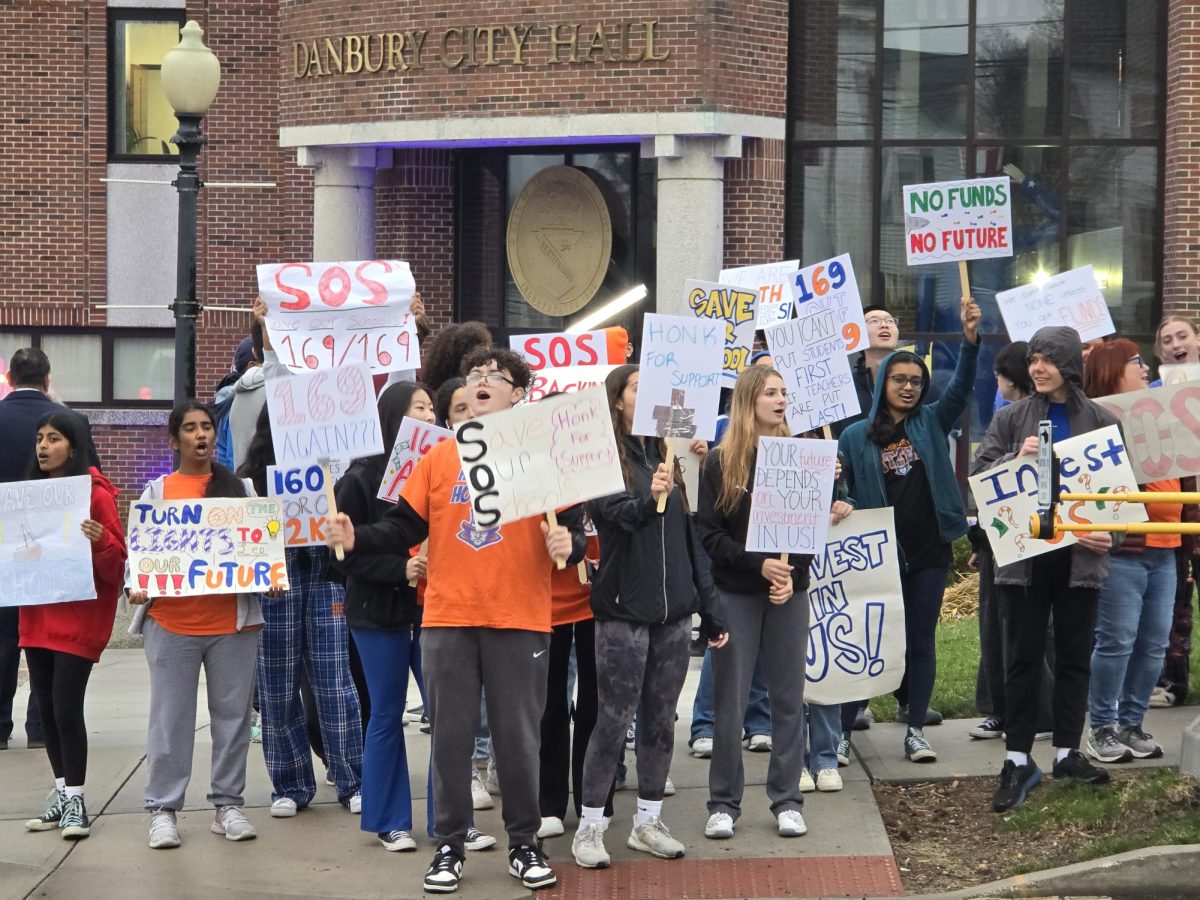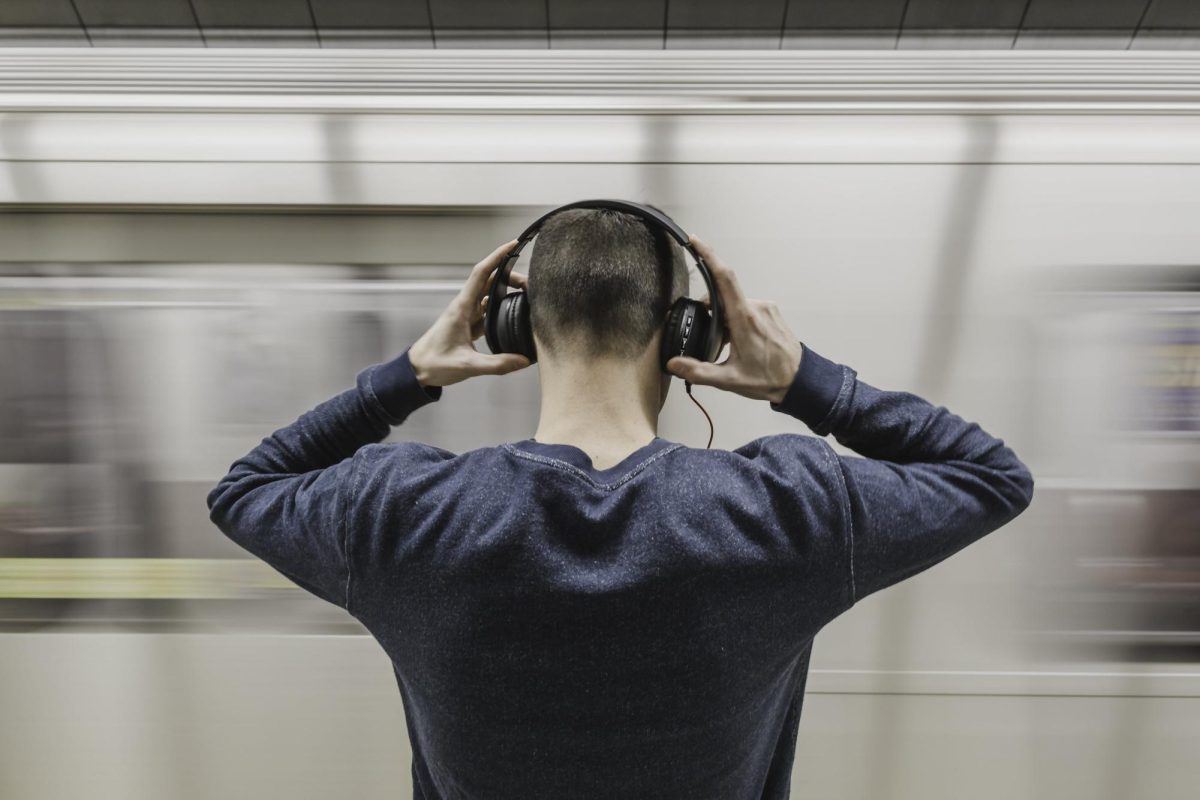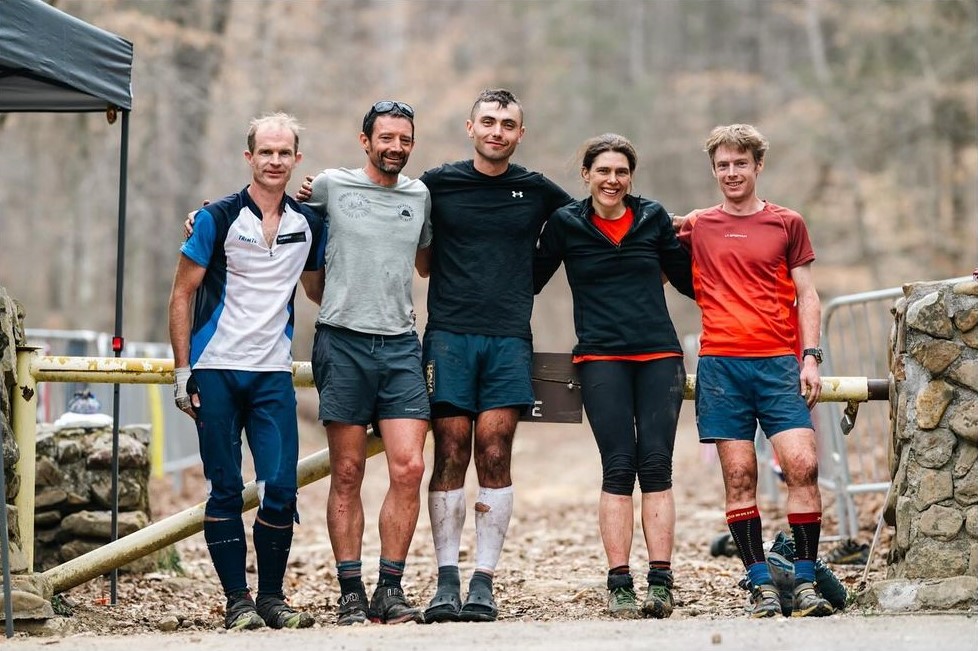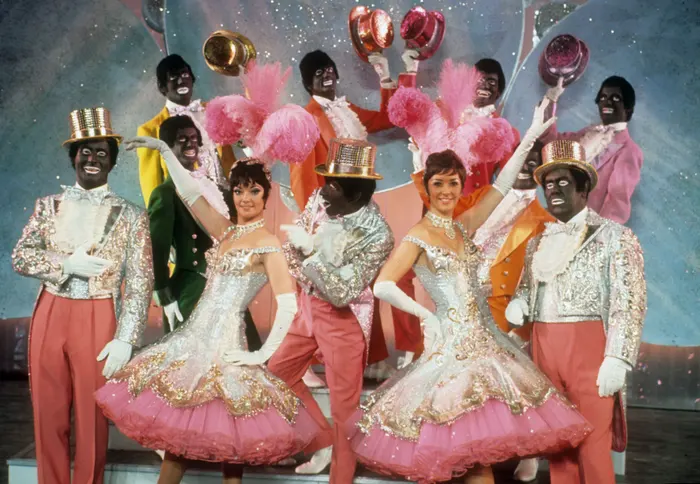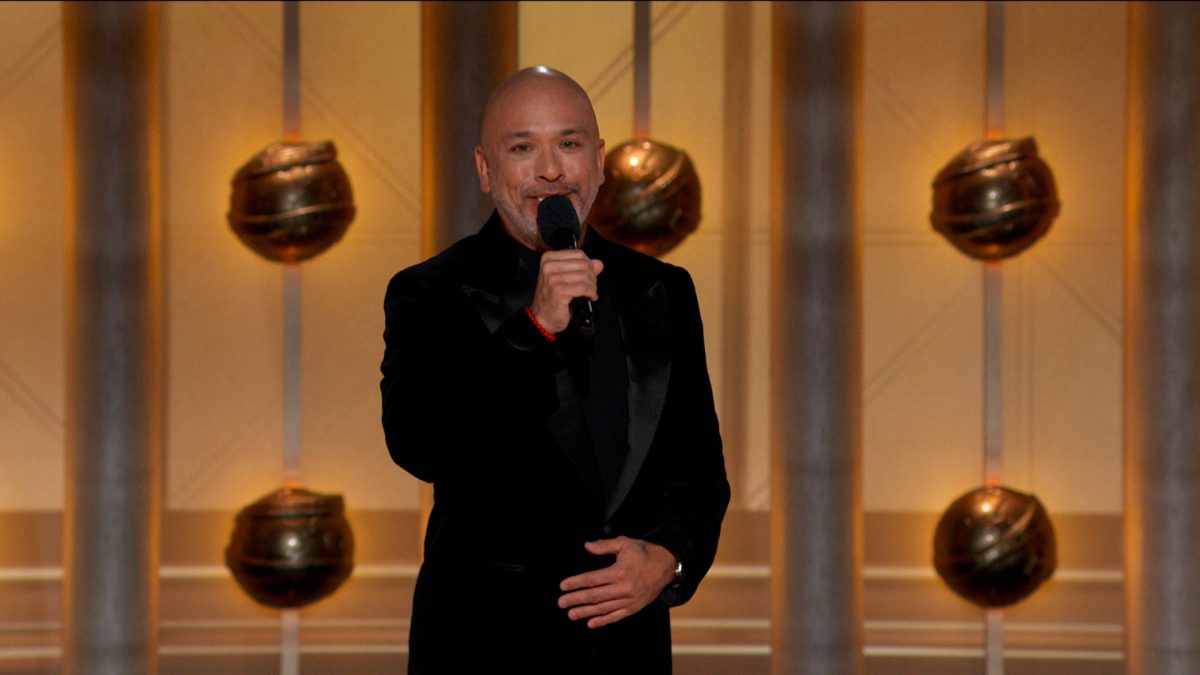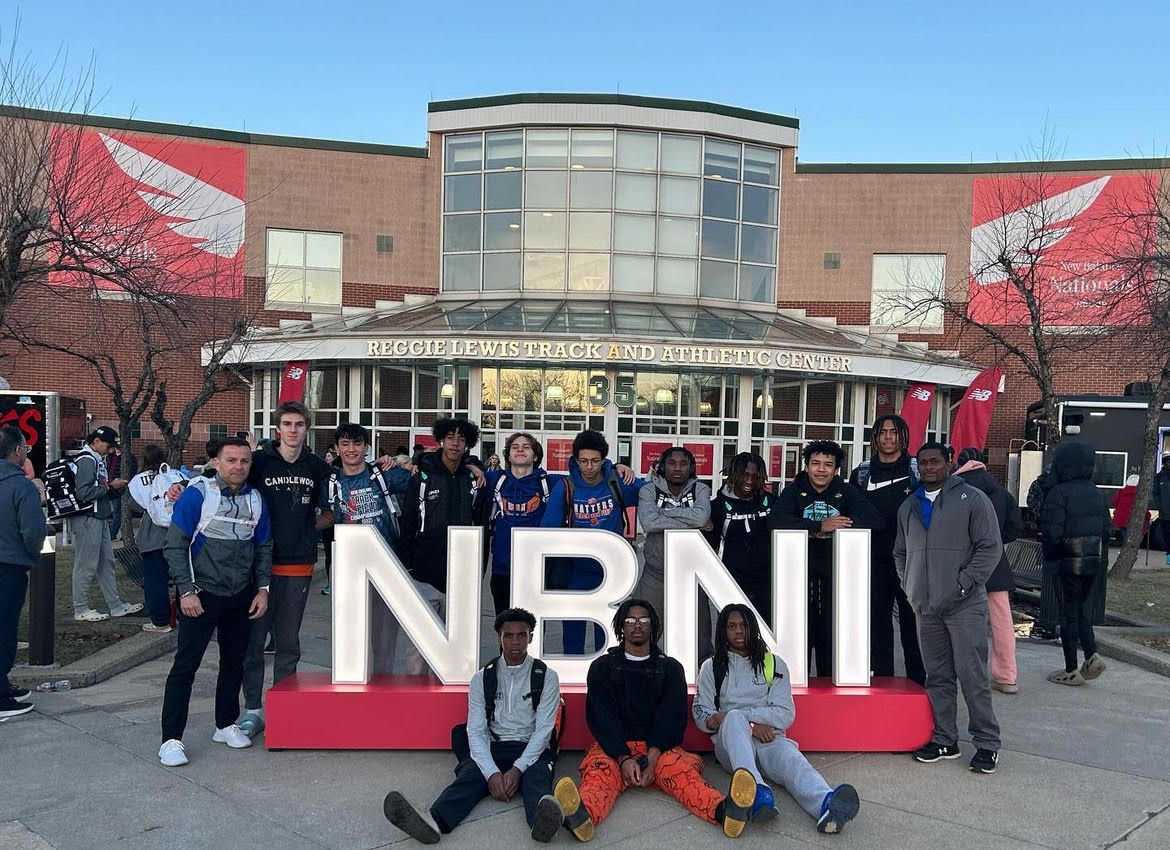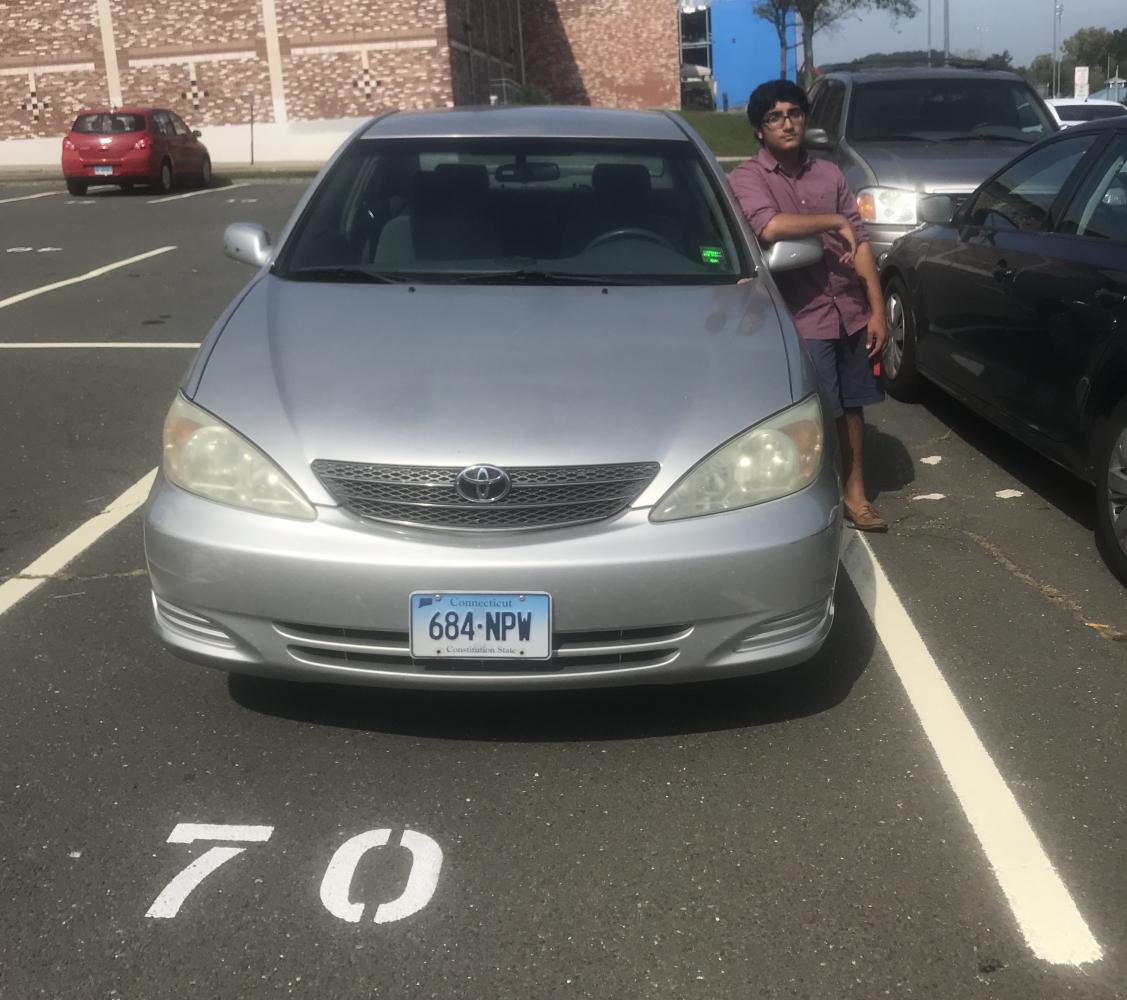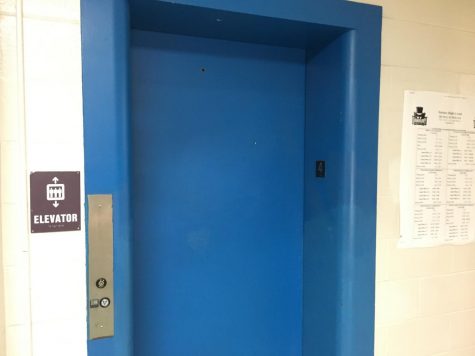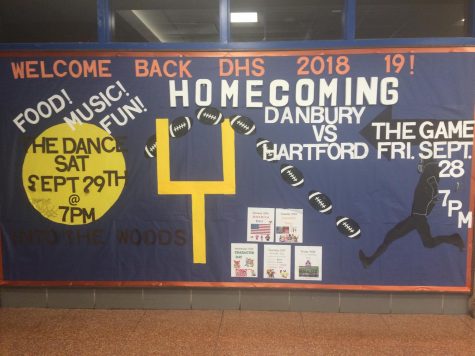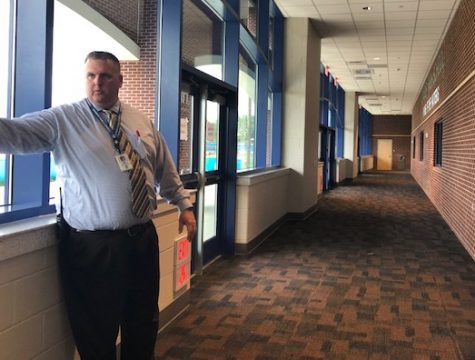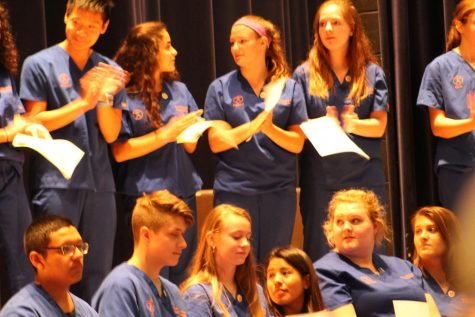New parking paves way for easy morning commute, or does it?
Senior, Harsh Bhavsar, stands next to his car in his newly assigned spot.
September 27, 2017
The commencement of the school year held numerous changes for returning students. In the later half of August, seniors received an email in their school inbox with the subject reading: “Parking Information, from Dan Donovan, Principal.”
The email explained that the parking spots would be assigned numerically, on a first-come, first-serve basis, as opposed to previous years when permits were not assigned to certain spots. Seniors were excited to read that their permit price would be slashed by 30 percent if they came in early with a valid license, insurance card and registration form.
The reason behind the sudden innovation after years of the same routine was clear: Donovan wanted the students to have a reason to buy the permits. He said that “the old process had a lot of unnecessary aspects to it.” Instead of asking for teacher’s signatures and printing transcripts like students were mandated to do in years past, he decided that all you need for a permit is the normal safety precautions that every driver would have.
Despite the innovations that were put in place to make everything easier, some students are still unsatisfied.
“[People] still park in the wrong spots, even teachers. It’s not fair that [students] get penalized for parking in the wrong places but teachers don’t … One morning I came in and a parent was actually parked in my spot and I didn’t know what to do about it. I went to the safety advocates’ office and they were a great help, which is something I really appreciated.”
— Monique Delima
Many students still have issues with the fact that they are unsure of where the money from permit sales is going. Last winter, more than 30 cars in “Asia” — the farthest parking lot near the baseball field — had “final warning” tickets plastered on their windshields. That led to Twitter overflowing with comments about how students shouldn’t have to pay for parking at DHS, especially if they didn’t know where the money was going.
Donovan assures that the money is being put to good use. “The water filter in the cafeteria and the long range walkie-talkies that administration uses are two of the more expensive items that we have provided the school with using the money that comes from the parking passes,” he explained. “Students don’t realize that a lot of small things need to be replaced every single year, things that are not funded by our budget, but can be by using the money we get from permits.”
In a Hatters’ Herald poll, only 50 percent of students were satisfied with the new parking. Students such as Desirae Best, senior, feel that, “it’s nice that [students] don’t have the struggle of finding a spot in the morning, but underclassmen (without permits) have parked in my spot four times since the beginning of the year.”
With only 8 spots left, the student body worries what will come of overcrowding. Safety advocate Sue Lamontagne claims that “As of now, [the safety advocate team has] started going out to issue warnings. We’ll follow up with tickets and then begin issuing ISS…It’s been good so far, people have been buying permits more than usual.” When the parking lot is full, students without permits will be required to take the bus.
Donovan wants everyone to know that he is open to suggestions.
“It is new, it is difficult, but we are trying, I am willing to compromise with [the student body] if they present themselves respectably.”

